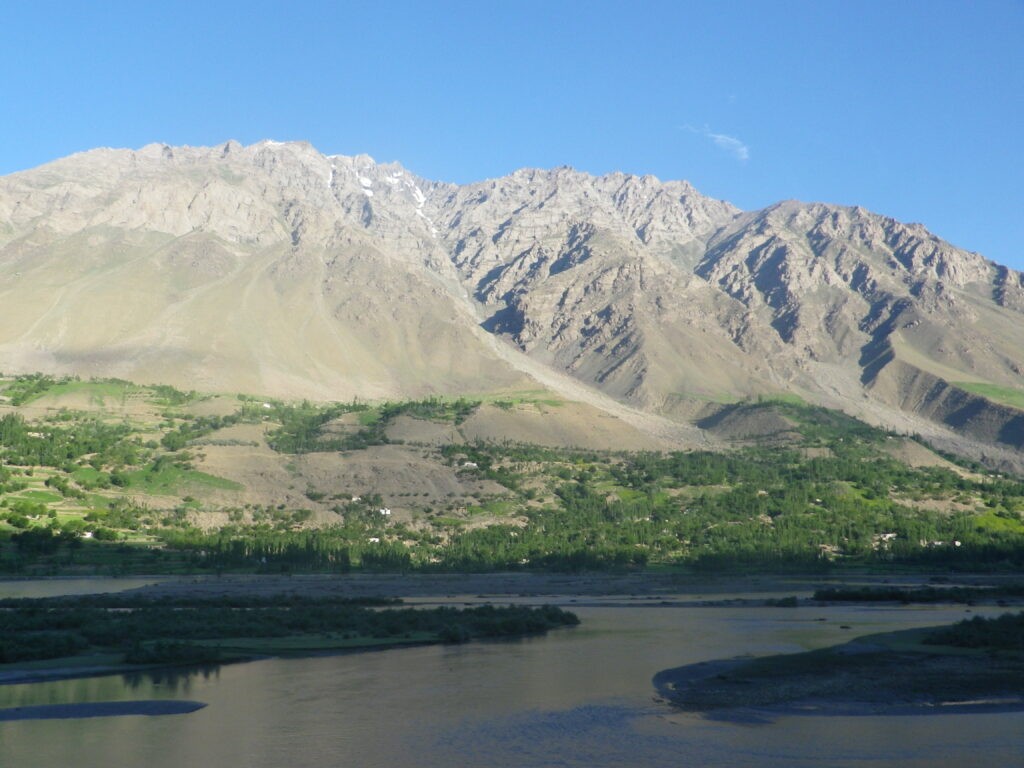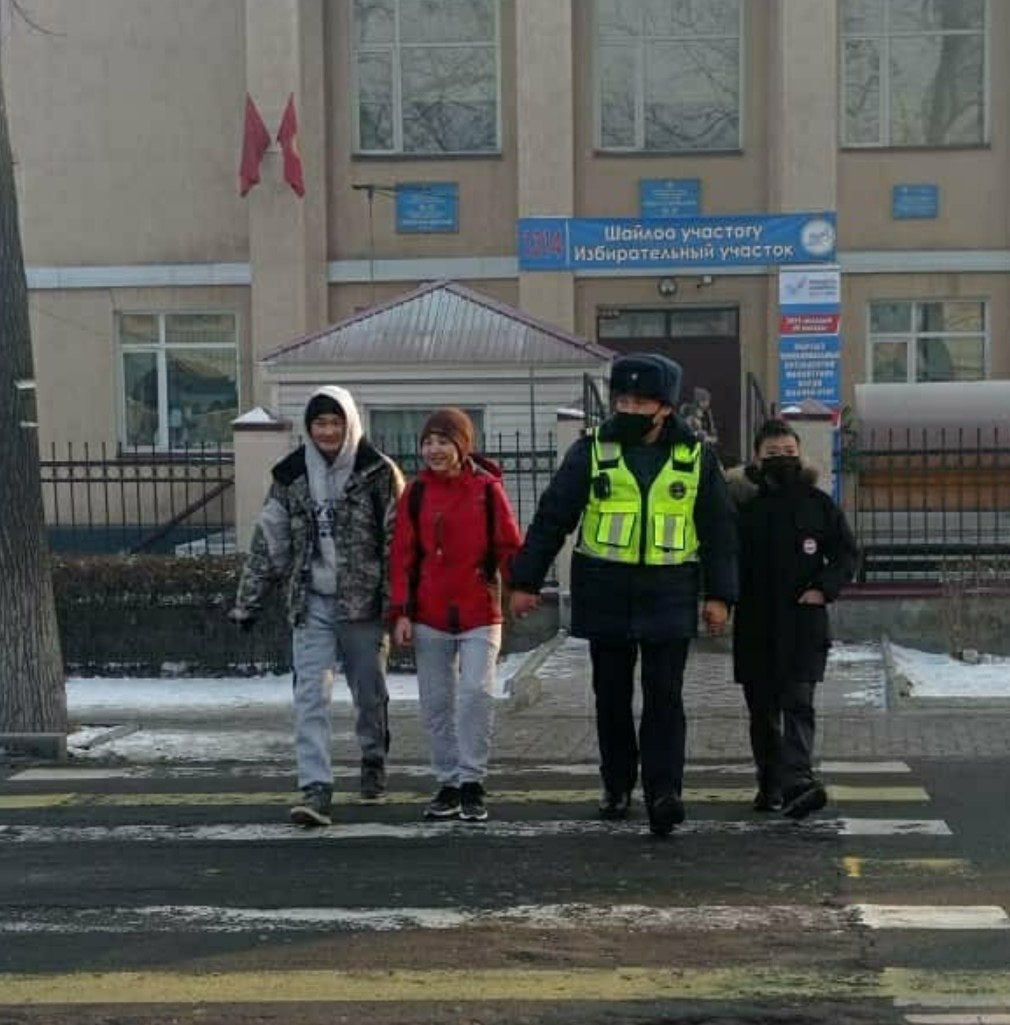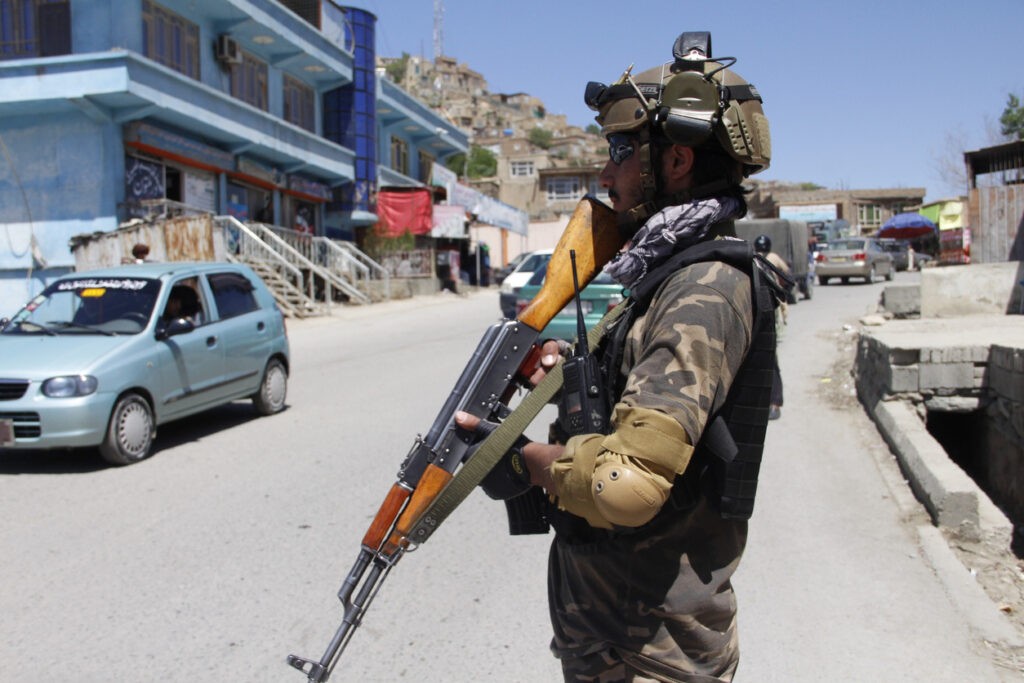Without Security, There Can Be No Development in Afghanistan
Indian author Arundhati Roy once said, “Either way, change will come. It could be bloody, or it could be beautiful. It depends on us.” Almost three years after Taliban’s resurgence to power in Afghanistan, there are practically no developments to highlight in its relations with the outside world. The situation remains at a dead end as the international community and the authorities in Kabul are stuck on intransigent issues, and as Afghanistan continues to face a humanitarian crisis. In the context of current geopolitical realities after the recent fall of its “democratic” regime, Afghanistan finds itself in a gap between the experiences of the past and a yet undetermined future. It has a unique opportunity to transcend its reputation as the “graveyard of empires” and determine its own fate while simultaneously integrating into the international community. How the de facto authorities in Afghanistan handle this opportunity will not only shape the future of the Afghan people and the region, but also influence the development of the entire global security paradigm. Currently, the Taliban have every opportunity to lay the foundation for a new model of regional and international security, which would allow them to create conditions for the return of Afghanistan to the system of normal international relations. But they need to act quickly. Rising tensions in the Middle East engage almost every global and regional power, and further escalation there will negatively affect the situation around Afghanistan. In this unpredictable geopolitical environment, the Taliban can either take the lead on new security arrangements or once again experience an undesirable worsening of the security situation that goes beyond their control. A path forward is possible with the Taliban acting responsibly at the helm It seems that since the Anglo-Afghan wars of the 19th century, the world has become accustomed to seeing Afghanistan as a place where global geopolitical steam can be let off. But the Afghan people deserve progress, and various outside actors have offered different proposals. What the Taliban need is a chance at a breakthrough where they are the key player and can take full responsibility. The international community needs to allow such an opportunity to serve as a “maturity test” with which it can gauge the Taliban. At this important juncture, the international community must support Afghanistan in determining its own future. If external actors continue to promote political blueprints, Afghanistan will once again become a site for proxy wars, an arena of rivalry and a fertile ground for old narratives about international terrorism and other threats. Slamming the Taliban for their democratic failings, on which they clearly do not share the outsiders’ perspectives, will not yield productive results. For its part, if Kabul is really seeking to be a key player in Asia and a regular participant in international affairs, and if it seeks to realize its significant geographic and economic potential, then it must start implementing practical initiatives involving regional countries and international organizations in a dialogue on security. Maintaining internal security and stability...








